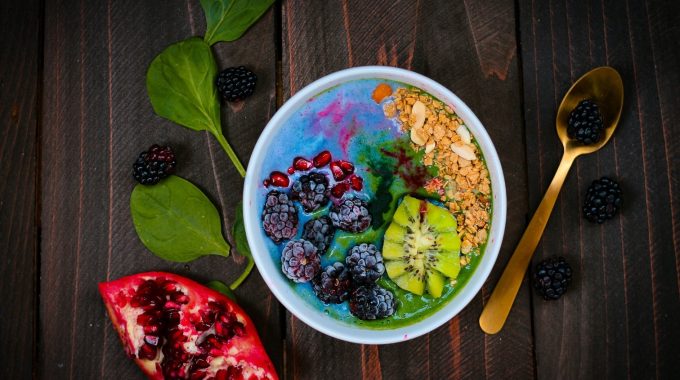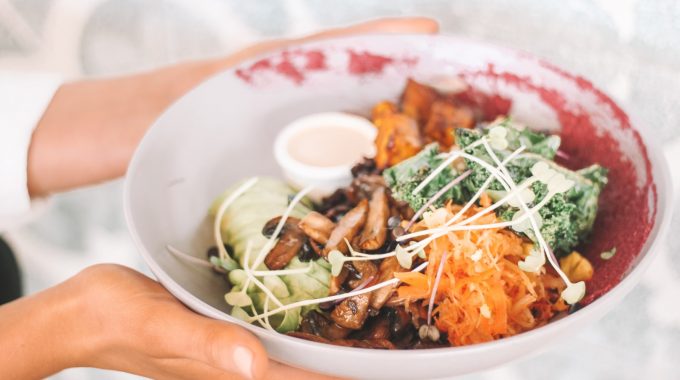10 Tips to Kitchen Hygiene to Avoid Contaminating Food with Germs
The kitchen is one of the most important areas in every house. It is where foods are kept or stored, prepared, and cooked. But it is a fact that kitchens can also be the dirtiest area in many homes. Yes, it can be dirtier than your bathroom and it can be a source of germs that can spread out to your food or to your entire household. But you can make your kitchen the cleanest area possible by observing simple kitchen hygiene.
Here are 10 tips to kitchen hygiene to avoid spreading of germs and contaminating your food.
1. Wash your hand before touching anything in your kitchen. If you just came in to your kitchen, it is best to wash first your hands before touching any food items or before you prepare your food. You might be carrying germs from other areas in your house which could spread out to your kitchen if you will not wash your hands.
2. Wash your hands thoroughly. Do not just run water into your hands as an act of washing. Thorough washing means scrubbing your hands with soap, rinsing it then drying before working in your kitchen.
3. Remove your jewelries. You just don’t know but there might be germs hiding in the surfaces of your jewelries especially in your ring or bracelet. And if you prepare foods wearing these jewelries, you could transfer these germs to your food.
4. Tie your hair. This is another useful kitchen hygiene tip that is useful when preparing food. You should do this if you don’t want to see hairs in your food or you don’t want the germs that dangle in your hair to transfer to your food.
5. Clean as you go. If you are finish working in your kitchen surface, clean it immediately with soap and water to disinfect. You can do it while waiting for your food to cook. If you let your dirty surface as it is, you will be inviting insects. By cleaning the surface immediately, you will not only make your kitchen look clean but it will actually make your kitchen really clean.
6. Use separate chopping boards for raw meat and fresh produce. Using the same chopping board for your raw meat, vegetable, and fruits promotes cross-contamination among foods. Raw meat, poultry, and other raw foods are the primary source of bacteria in the kitchen. When you use a chopping board to chop these food items, and then using it again to chop fresh produce that you will no longer cook, the bacteria present in the raw meat could transfer to you.
7. Use an apron when preparing or cooking food. This will help you avoid staining your clothes at the same time. It also helps avoid transferring dirt that could be in your clothes to the food.
8. Wash sponges, dish towels, and aprons regularly. For sponges, it is best to clean them every night so that they are ready to use in the morning. For dish towels, you can hang them in the evening to dry then wash them at least once a week. For aprons, you can wash them also at least twice a month.
9. Mop your kitchen floor with disinfectant. If you think that it is okay to leave the kitchen floor dirty because anyway your food will not touch the floor, you are mistaken. Some bacteria and germs can be airborne and be spread through air. So it is best to clean and disinfect every part of your kitchen to be sure.
10. Make sure that the bins in your kitchen are not overflowing. Even if it is not totally full, dispose of the garbage immediately. And keep the bins closed at all times.
These simple kitchen hygiene tips are not very hard to do. And by doing them, you can have a cleaner kitchen and avoid contaminating your food with germs and bacteria.



